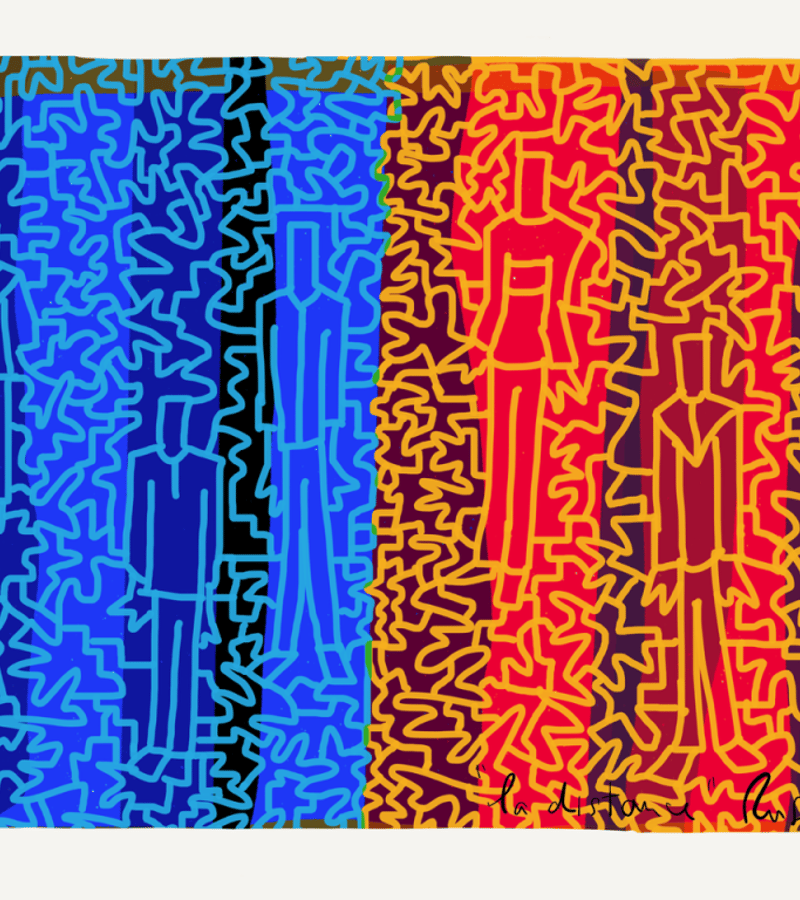Thursday, 13 November 2025
The Theory and Practice of Critical Action Learning: An experiential workshop
The Theory and Practice of Critical Action Learning - An experiential workshop with Professor Russ Vince. The aim of the workshop is to learn about the main ideas in Critical Action Learning, their application through a tested model of practice, and the implications for the role of facilitator.

This event has passed
Start Date
10:30 pm Thursday 13 November 2025 (UTC)
End Date
6:00 am Friday 14 November 2025 (UTC)
Location
Onsite in Melbourne and live interactive online via zoom
Cost
AU$990
Event Information
The Theory and Practice of Critical Action Learning
An Experiential Workshop with Professor Russ Vince.
Action Learning is a popular and enduring approach to management and organisational learning. Two key assumptions inform this approach. First, that people in leadership and management roles can learn from reflecting on their own experiences. Such reflection is active and persistent – what Reg Revans, the inventor of Action Learning, referred to as continuous ‘ordeal by practice’. Second, that learning occurs in the company of others – ‘comrades in adversity’ and ‘by discussion of real issues with colleagues, taking action and reflection on action’. Action Learning links personal and collective processes of reflection to individual’s actions to develop their own practice. The approach aims to move beyond solving immediate problems to focus on addressing persistent and complex organisational issues over time.
Critical Action Learning (CAL) develops the theory and practice of Action Learning through:
A focus on emotions. CAL emphasises the importance of engaging with conscious and unconscious emotional dynamics in Action Learning sets. It highlights how both individual and collective emotions influence the learning process in ways that both promote and prevent learning and change.
A focus on power relations. CAL invites reflection on how learning is supported, avoided, and prevented within sets and organisations through embedded relations of power. This provides opportunities to question organisational ambivalence towards learning and change.
A focus on critical reflection. CAL reveals taken-for-granted assumptions and the ways in which these both promote and prevent learning. Critical reflection can challenge the status quo, but in doing so it often mobilises established power relations against challenge. This contradiction is indispensable to an understanding of the effectiveness of learning and change.
The aim of the workshop is to learn about the main ideas in CAL, their application through a tested model of practice, and the implications for the role of facilitator. At the completion of this full-day workshop you will have:
Understood key elements of the theory of Critical Action Learning.
Reflected on what Critical Action Learning means and involves in practice.
Experienced and reflected on the dynamics of Critical Action Learning within the workshop group.
After an introduction to the concept of Critical Action Learning, Russ will involve participants in experiential group work, which offers an opportunity to study CAL within the workshop group. The learning from the workshop will be applied to participant’s own practice of management learning and organisational development.
This workshop is designed for NIODA community members, students, PhD candidates, researchers, leaders, managers and consultants who want to expand their knowledge of Action Learning.
The workshop is onsite in Melbourne and live interactive online via Zoom. This may be recorded.
